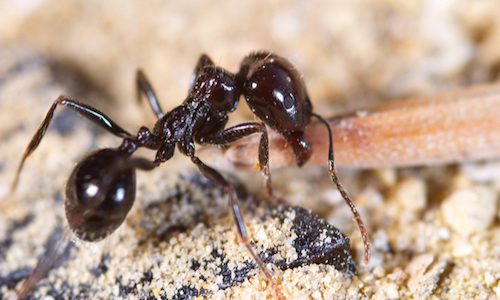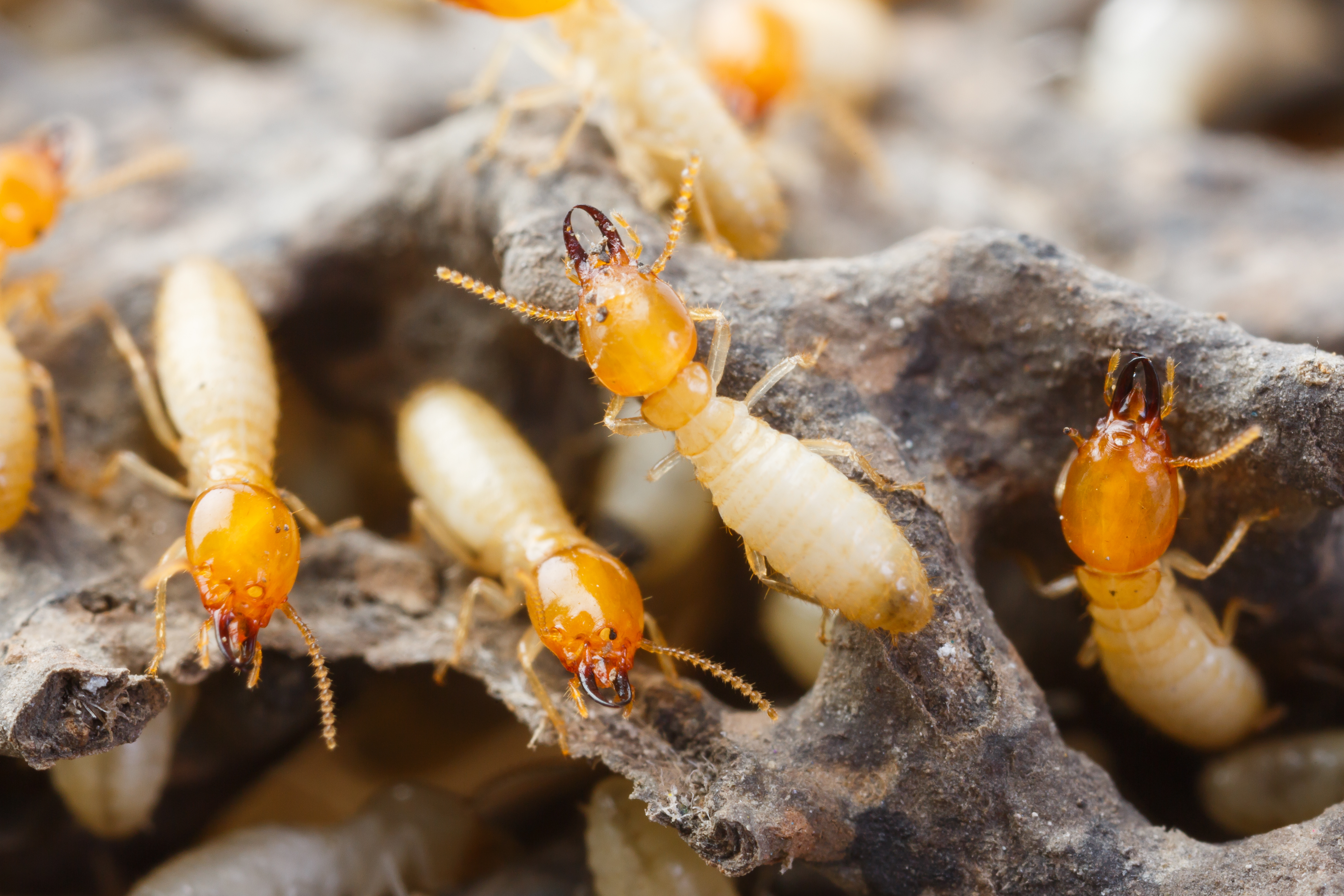Advanced Termite Control: Proven Techniques for Eliminating Termite Infestations
Advanced Termite Control: Proven Techniques for Eliminating Termite Infestations
Blog Article
Environmental Impact of Bug Control: Harmonizing Effectiveness With Sustainability
The ecological impact of bug control is an essential concern that calls for a fragile equilibrium between achieving performance in taking care of parasites and making certain sustainability of our communities. As we strive to shield our plants, homes, and health and wellness from the dangers presented by parasites, the approaches we use can accidentally damage the setting. From making use of hazardous chemicals that leak into our soil and water to the unintentional effects on non-target varieties, the effects of conventional pest control techniques are far-reaching. There are emerging methods that offer hope for a much more lasting technique to pest monitoring. These services not just objective to resolve the immediate bug problems however also think about the lasting health of our world.
Damaging Chemicals in Bug Control
The use of unsafe chemicals in parasite control poses considerable ecological and wellness threats that warrant careful consideration and mitigation methods. Pesticides, herbicides, and chemicals are frequently made use of to eradicate pests, but their widespread application can lead to unintentional consequences. These chemicals can infect dirt, water sources, and the air, impacting not only the targeted insects however likewise helpful bugs, wildlife, and humans.

To address these threats, integrated bug management (IPM) strategies are being promoted as a more lasting alternative. IPM includes a mix of techniques such as biological control, habitat adjustment, and the targeted use of chemicals as a last option (ant control kannapolis nc). By adopting an all natural strategy to pest control, we can reduce the ecological and wellness influences connected with harmful chemicals while efficiently handling pest populaces
Effect On Non-Target Types
Considering the unplanned effects of bug control techniques, the impact on non-target species is a crucial aspect that calls for thorough examination. While parasite control measures aim to target certain pests, other organisms in the ecological community might be unintentionally affected. Non-target varieties, including beneficial bugs, birds, mammals, and also plants, can endure indirect or straight harm from chemical applications or biological control techniques.
Pesticides designed to fight a particular insect bug might hurt pollinators like or natural predators such as ladybugs. Biological control representatives, if not species-specific, can posture threats to unintentional targets, interrupting the environmental equilibrium.
To mitigate the impact on non-target types, incorporated parasite monitoring (IPM) techniques that emphasize a holistic method to pest control are recommended. These methods prioritize making use of eco-friendly practices, reducing harm to advantageous microorganisms while properly managing pest populaces. Carrying out comprehensive risk analyses and checking the end results of insect control initiatives are vital action in protecting non-target varieties and promoting total environment health.
Soil and Water Contamination
Unintended ecological consequences of bug control methods expand beyond affecting non-target species, with considerable effects for soil and water contamination - ant control. Pesticides, herbicides, and chemical plant foods used in parasite control can leach into the soil and pollute groundwater, presenting a threat to both marine and terrestrial environments.
Water contamination is an additional vital concern related to insect control techniques. Drainage from agricultural areas treated with chemicals can carry these chemicals right into neighboring water bodies, influencing water organisms and water quality. Impurities in water sources can have far-ranging consequences, influencing not only water life however also human health and wellness through the intake of infected water or water organisms. To minimize soil and water contamination from parasite control activities, incorporated insect monitoring methods that prioritize sustainability and reduce chemical inputs are essential.
Air Contamination From Chemical Usage
Direct exposure to air-borne chemicals during agricultural applications positions a considerable issue for air pollution control measures. They can volatilize right into the air and kind unpredictable organic substances (VOCs) and other airborne toxins when pesticides are splashed onto crops - termite control services. These chemicals can contribute to the formation of ground-level ozone, a significant component of smoke that can have damaging effects on human wellness, crop productivity, and total air high quality. In addition, pesticide drift, where chemicals are lugged by the wind to unintentional areas, can bring about the contamination of neighboring ecological communities and water bodies.

Techniques for Lasting Pest Control
In the world of agricultural methods, implementing lasting parasite control methods is critical for maintaining eco-friendly equilibrium and protecting plant yields. Sustainable parasite control stresses making use of environmentally pleasant methods to take care of bug populations effectively while lessening injury to non-target organisms and environments. Integrated Parasite Administration (IPM) is a widely embraced strategy that combines organic, cultural, physical, and chemical control techniques to achieve lasting parasite management services.
One trick strategy in lasting parasite control is promoting biodiversity within agroecosystems. By improving all-natural enemies of bugs, such as killers and parasitoids, farmers can reduce the requirement for artificial chemicals. Plant rotation and diversification are additionally effective techniques to interfere with pest life cycles and produce much less favorable conditions for insects to flourish. Furthermore, making use of pest-resistant plant selections and employing techniques like trap cropping can help in reducing bug pressure without relying greatly on chemical interventions. Ultimately, by integrating these lasting bug control methods, farmers can achieve a balance in between pest administration effectiveness and environmental stewardship.
Verdict
Finally, the ecological effect of parasite control techniques have to be very carefully considered to balance performance with sustainability. Dangerous chemicals used in bug control can lead to soil and water contamination, air contamination, and harm non-target types - ant control. It is vital to implement sustainable pest control methods to reduce these adverse effects on the setting and advertise a healthier ecosystem for future generations
By embracing a holistic strategy to pest control, we can minimize the environmental and health influences connected with damaging chemicals while properly managing pest populations.

To reduce the air contamination created by chemical use, it is important to adopt integrated bug administration strategies that focus on the use of non-chemical pest control approaches, such as crop turning, all-natural predators, and immune crop ranges. Lasting insect control stresses the use of ecologically pleasant visit the site methods to take care of pest populaces effectively while lessening injury to non-target organisms and ecological communities. Integrated Pest Administration (IPM) is an extensively adopted technique that incorporates biological, cultural, physical, and chemical control techniques to attain long-term insect administration remedies.
Report this page